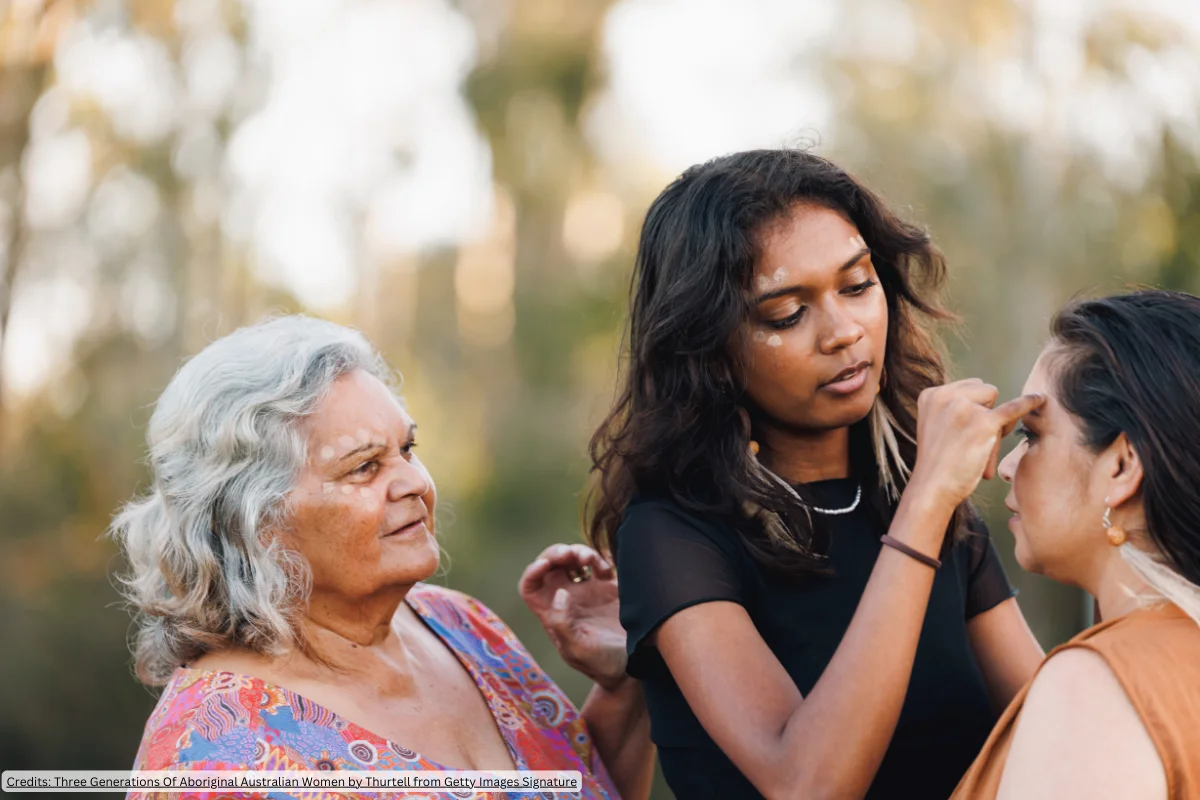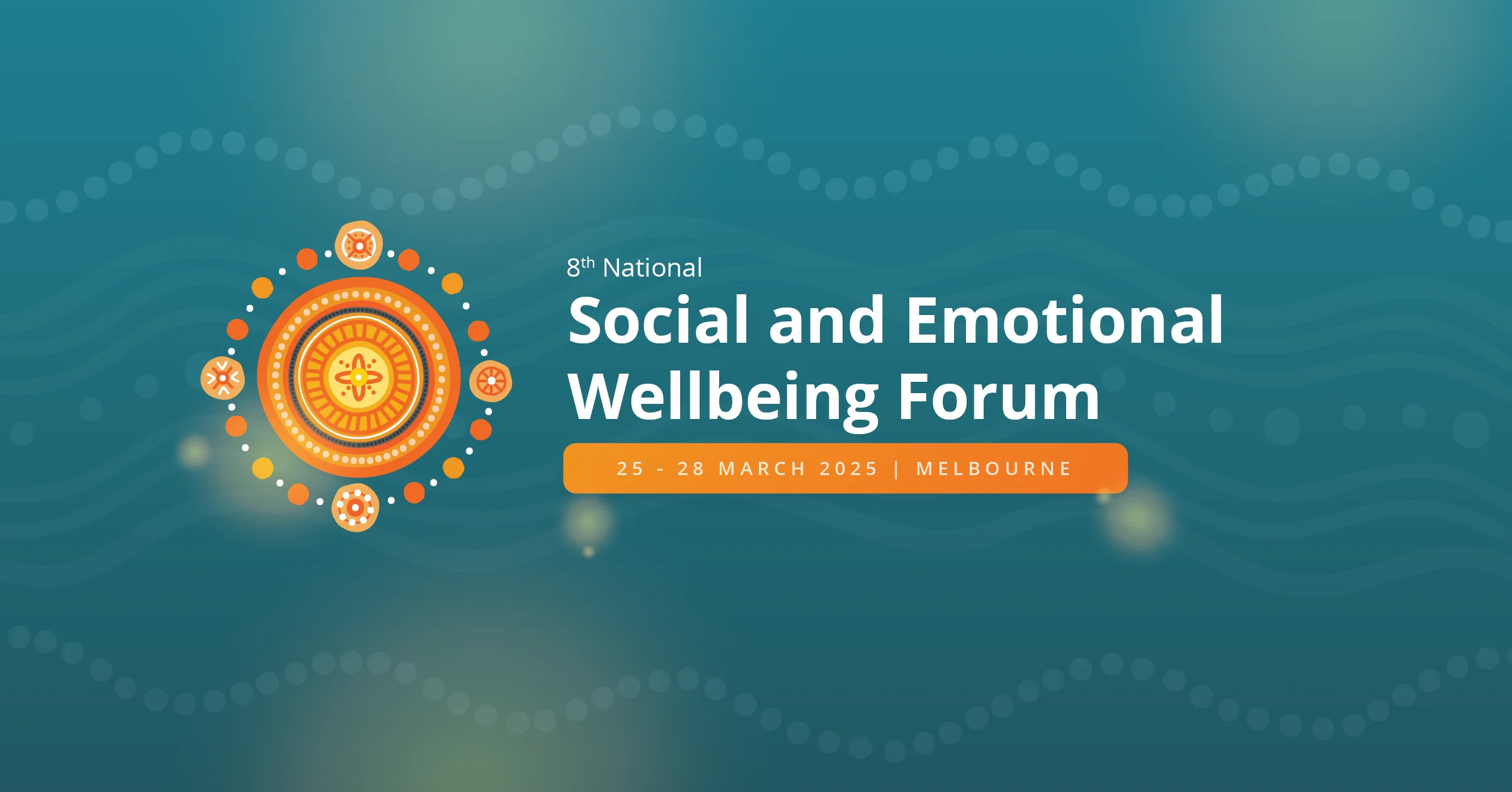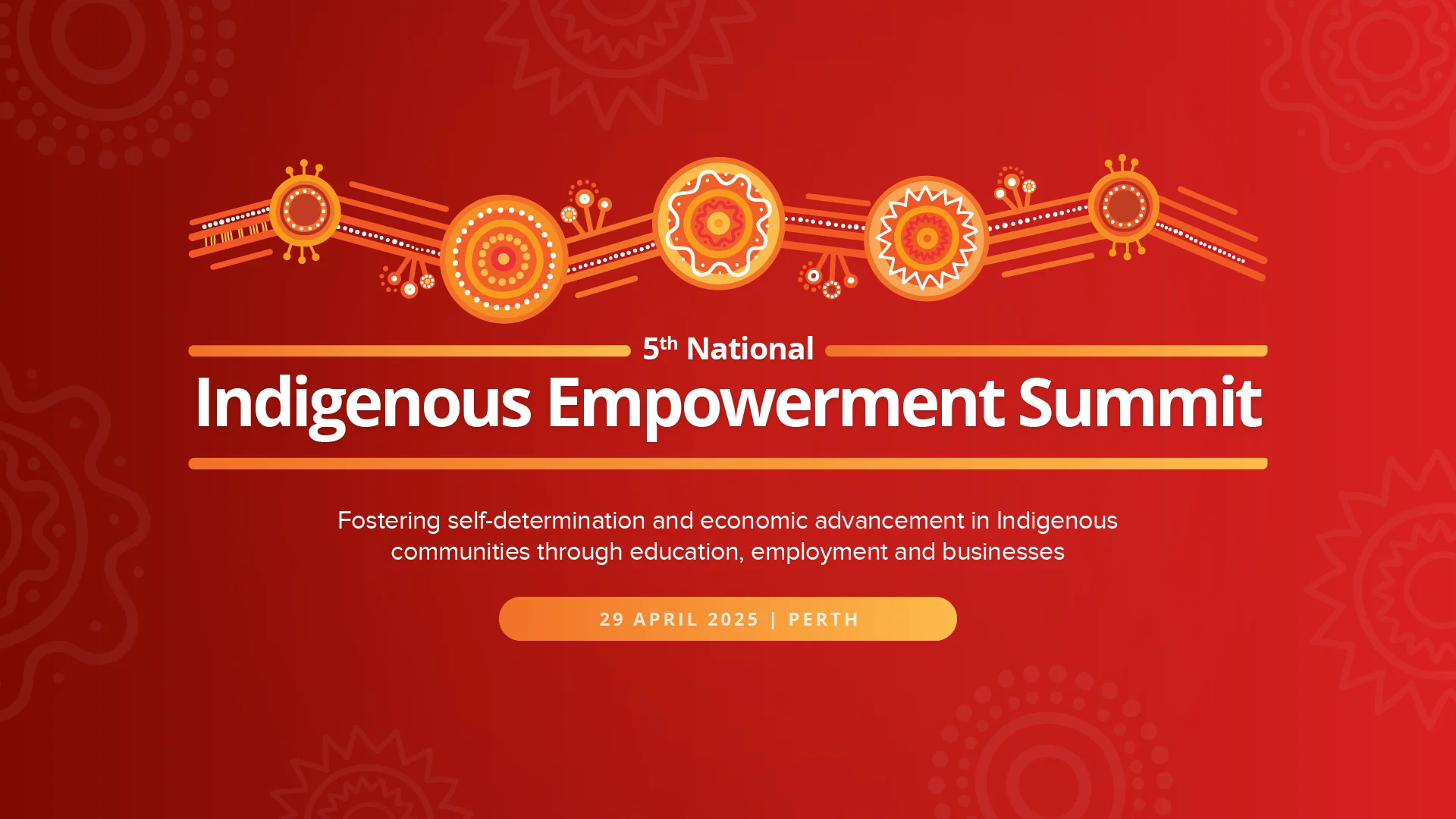What is the scale of our social exclusion problem in Australia and how can it be overcome?
Despite Australia’s long period of economic prosperity, there continues to be too many Australians facing limited opportunities in their lives. 100,000 Australians are without a home every night. This is just unacceptable. But social exclusion is not just about poverty, although poverty is often one of its most dramatic manifestations.
Exclusion is also about rights, about access, and about opportunity.
- When the poor lack access to job opportunities, education, health care or credit – they’re excluded.
- When indigenous people or migrant groups are treated with disrespect or subject to discrimination because of cultural difference – they’re excluded.
- When children and young people are deprived of intellectual stimulation or proper nutrition – they’re excluded.
- When our elderly are left out of social interaction and cut off from their economic role in our society – they’re excluded.
It’s a dynamic process. It changes over time as circumstances change, and as a government we understand that we need to be constantly preoccupied with overcoming exclusion and promoting inclusion.
The social inclusion concept will influence the Government in the way it develops its priorities and policies. We must re-think how policy and programs across different portfolios and levels of government can work together to overcome economic and social disadvantage, and put people at the centre of policies and programs.
As you make your way around the country, what are you hearing from the non-profit community about their needs?
I know from speaking with hard working staff and volunteers within the not-for-profit sector that they, and their organisations, are keen to be an important voice in the development of good policy to tackle disadvantage.
The not-for-profit sector is vital to the Government’s Social Inclusion agenda. It is the people within the sector who are so often the first point of call for the vulnerable and excluded and provide much of the ongoing support to excluded communities. They are well placed to ensure that ‘missing voices’ are heard and to advocate on behalf of those who are marginalised.
Enhancing public confidence in the not-for-profit sector and celebrating the work they are doing in the delivery of services and the building of community here in Australia is essential; so too is recognising that more can be done to reduce the regulatory burden on those organisations.
The Rudd Government is working to remove so-called gag clauses from contracts with organisations funded by government, and this work is well underway. Organisations said they were unable to speak their minds because of these clauses, which were put in place by the previous government. Removing them will allow peak not-for-profit organisations greater independence and a better voice to represent their sector.
The Government is also moving ahead with the development of a National Compact with the non-profit sector. This Compact will lay-down the basis for the new relationship we want to build with the sector, ensuring we focus on shared values. Improving outcomes for the people who use the services that government purchases is paramount.
I encourage as much input as possible from the non-profit sector in the Compact consultations.
What are some of the tangible benefits to not-for-profits from the 2008-09 Budget?
Not-for-profit organisations will benefit in a number of ways, especially when directly involved in service delivery.
The Government is building 600 new homes for the homeless across Australia with a $500 million total investment over the next five years.
We are currently developing a social and economic spatial data platform to develop a cross-agency approach to the collection, maintenance and strategic use of social and economic data. This will inform the work of the Australian Social Inclusion Board. The board, which recently met for the first time, will also consult widely and give advice to the Government on the policies and initiatives that can build social inclusion.
As of July, our expanded and improved $64 million Volunteer Grants Program will commence, providing assistance to an extra 6,000 not-for-profit organisations. For the first time, volunteers will be able to lodge claims for their fuel expenses. This will be very important for volunteers who, for example, use their vehicles to transport the elderly or people who have a disability.
The Government is also providing $16.7 million over the next four years under the Volunteer Management Program to provide a skilled, well trained and well resourced volunteer workforce. This will also enhance the capacity of the not-for-profit sector to deliver high quality volunteer management and training.
The Volunteer Management Program funds Voluntary Resource Centres across Australia. These centres provide support and training for our volunteers.
Each year the Volunteer Management Program helps more than 18,000 people to find out where and when they can volunteer and the program gives training to 20,000 volunteers and their managers.
How will the government legislate to encourage greater philanthropy?
We recognise that philanthropy is playing a growing role in delivering services and building communities.
We’re working to encourage greater philanthropy through greater transparency. This includes the introduction of our legislation to improve the integrity of PPFs, which will come into effect from 1 July 2009.
The changes will, among other things, ensure regular valuation of assets at market rates, increase the size of compulsory distributions and give the Australian Taxation Office greater regulatory powers.
The details of the changes will be finalised following consultation with relevant stakeholders. This change will not impact on the ability of taxpayers to give tax deductible donations directly to a deductible gift recipient.
I also welcomed recent debate over calls for a single regulator of the charity sector, made by the Fundraising Institute Australia and several charities, to replace the different state and territory regulations and reporting requirements.
These issues have been referred to the Senate Standing Committee on Economics for inquiry and report.
It’s important those within the sector continue to speak up and put forward ideas. Be assured, the Government is listening.
Volunteers are the lifeblood of non-profit organisations – what measures has/will the government put in place to support and enlist more volunteers?
Volunteers are a very important part of the Rudd Government’s Social Inclusion Agenda – we see that volunteers are a way of making our society inclusive.
Where disadvantage divides communities, volunteering unites us, providing everyone with an opportunity to give something back to society.
As a new Government, with a new Social Inclusion Agenda, it’s critical we get the best information possible to implement public policy decisions that will encourage more volunteering.
Volunteer Australia’s National Survey of Volunteering for 2008 is one report I’ve been reading closely. It’s the culmination of the survey that Volunteering Australia has undertaken about voluntary work across the nation. It provides real insight into issues emerging in the sector and what factors help and hinder effective volunteering.
We are going to be working very closely with the state-based volunteer organisations and Volunteering Australia to make sure that by this time next year we are very close to having a national volunteering strategy – to bring a lot more coherence to the work that volunteers are doing.
And to build a culture of participation we are looking at ways to value, reward and encourage the development of our volunteers.
One of the ways this could be achieved is through the creation of a national volunteering policy framework – for consistency, accreditation and skills transfer. I will talk to the States and Territories about this soon.












